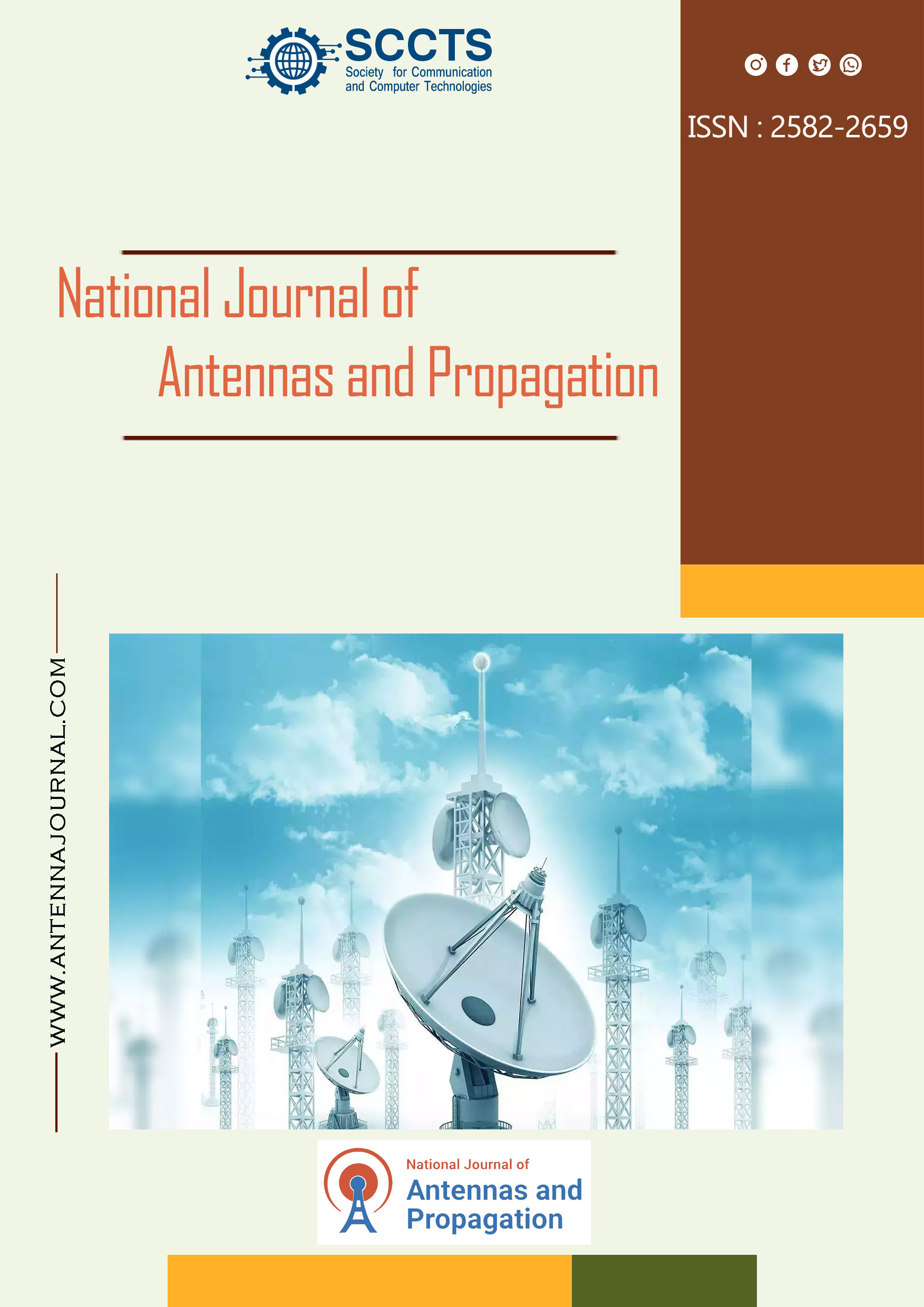Security and Privacy in RFID Systems: A Study on Threats, Vulnerabilities, and Countermeasures
DOI:
https://doi.org/10.31838/NJAP/07.02.01Keywords:
Cognitive Radio, Communication, Security, EncryptionAbstract
Radio frequency identification (RFID) technology’s performance problems. Recently, RFID technology has drawn a lot of attention as a way to enhance the field of ubiquitous computing. This emerging technology has the potential to revolutionise a wide range of sectors. Its advantageous advantages over other current identification technologies—such as its ability to read in real time, read around obstructions, and not require alignment for line-of-sight—have led to its widespread usage. Notwithstanding the advantages that the technology offers, there are several real-world problems with RFID systems that are impeding their widespread acceptance and adoption. These problems impact and impair RFID systems’ functionality. The current RFID systems can boost capture, processing, and propulsion in a number of coordinated and networked systems, which need devices that are mobile, low-profile, and economical. However, there are significant limitations for these systems, which include, but are not limited to, the lack of robust computational components, the lack of elephantine storage, a communication infrastructure with limited bandwidth, and insufficient power resources. In addition, the performance goals of RFID systems cannot be isolated from the environment given the uncertainties of the real world in which these systems operate.











